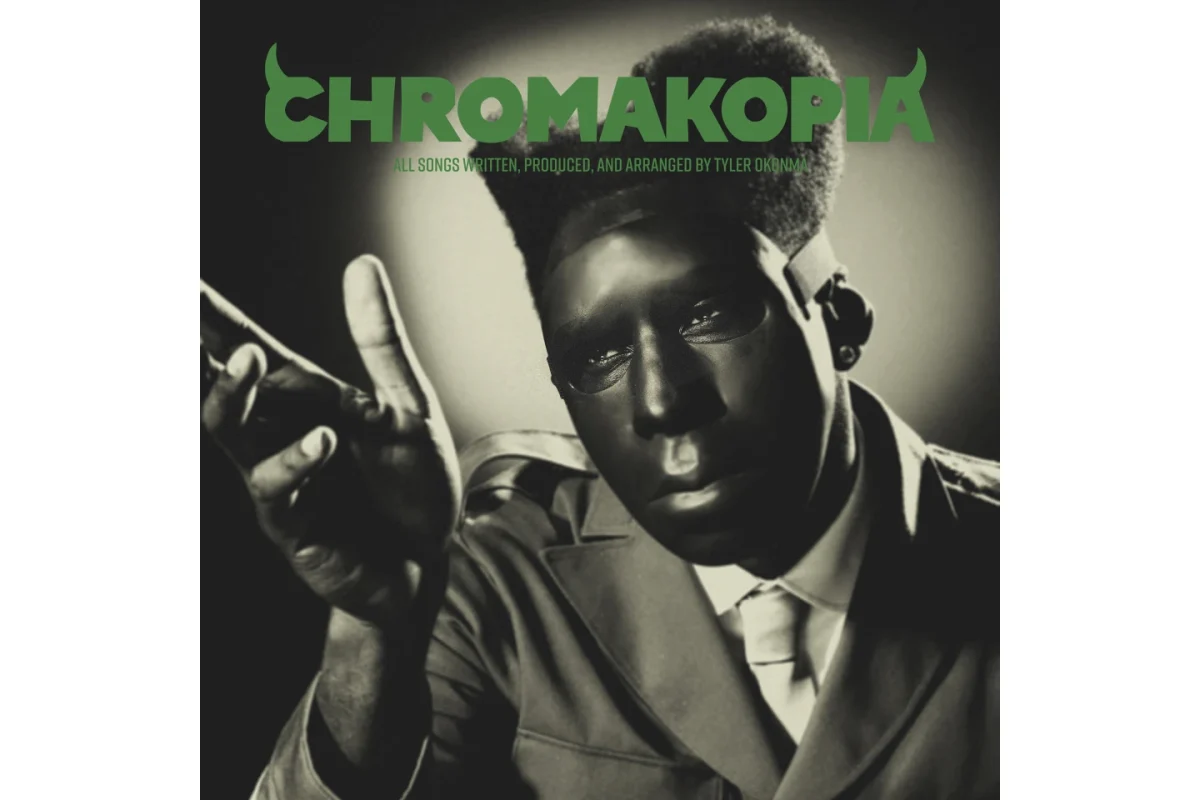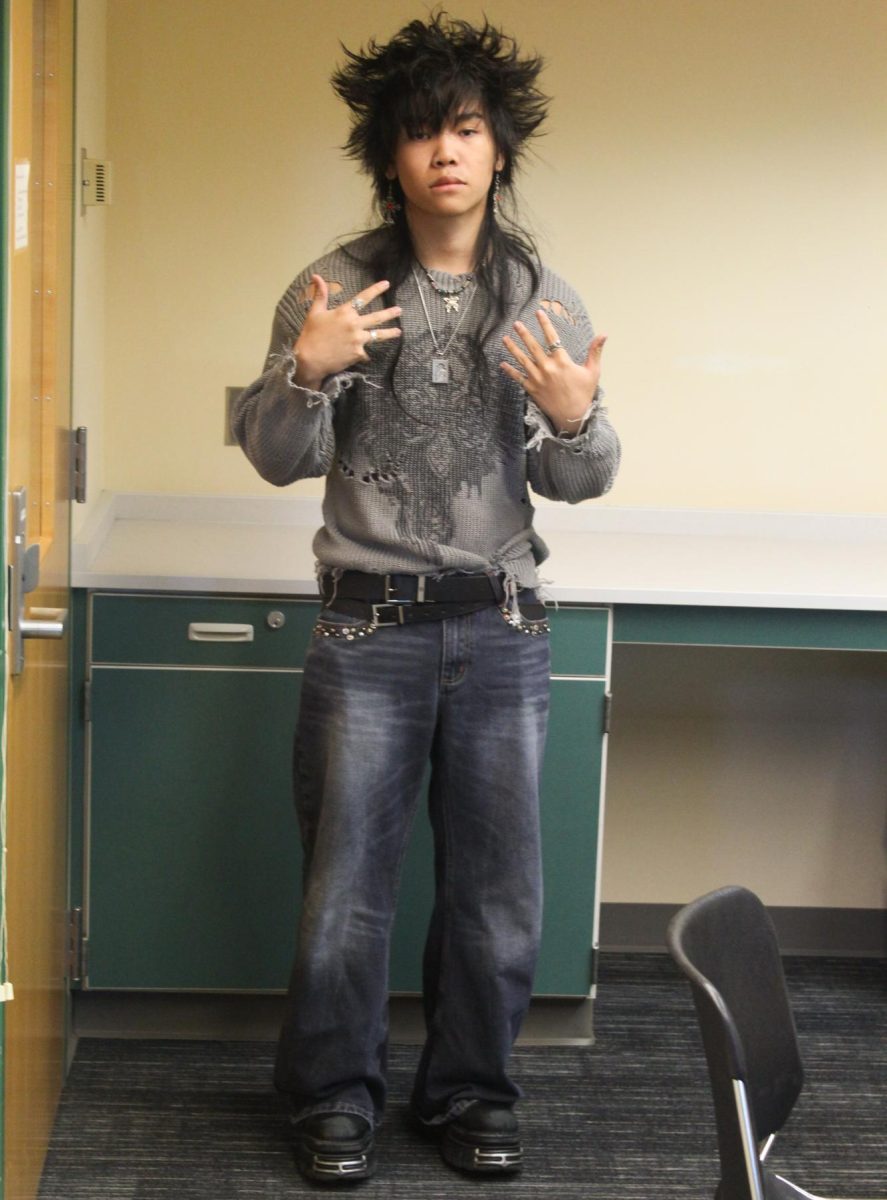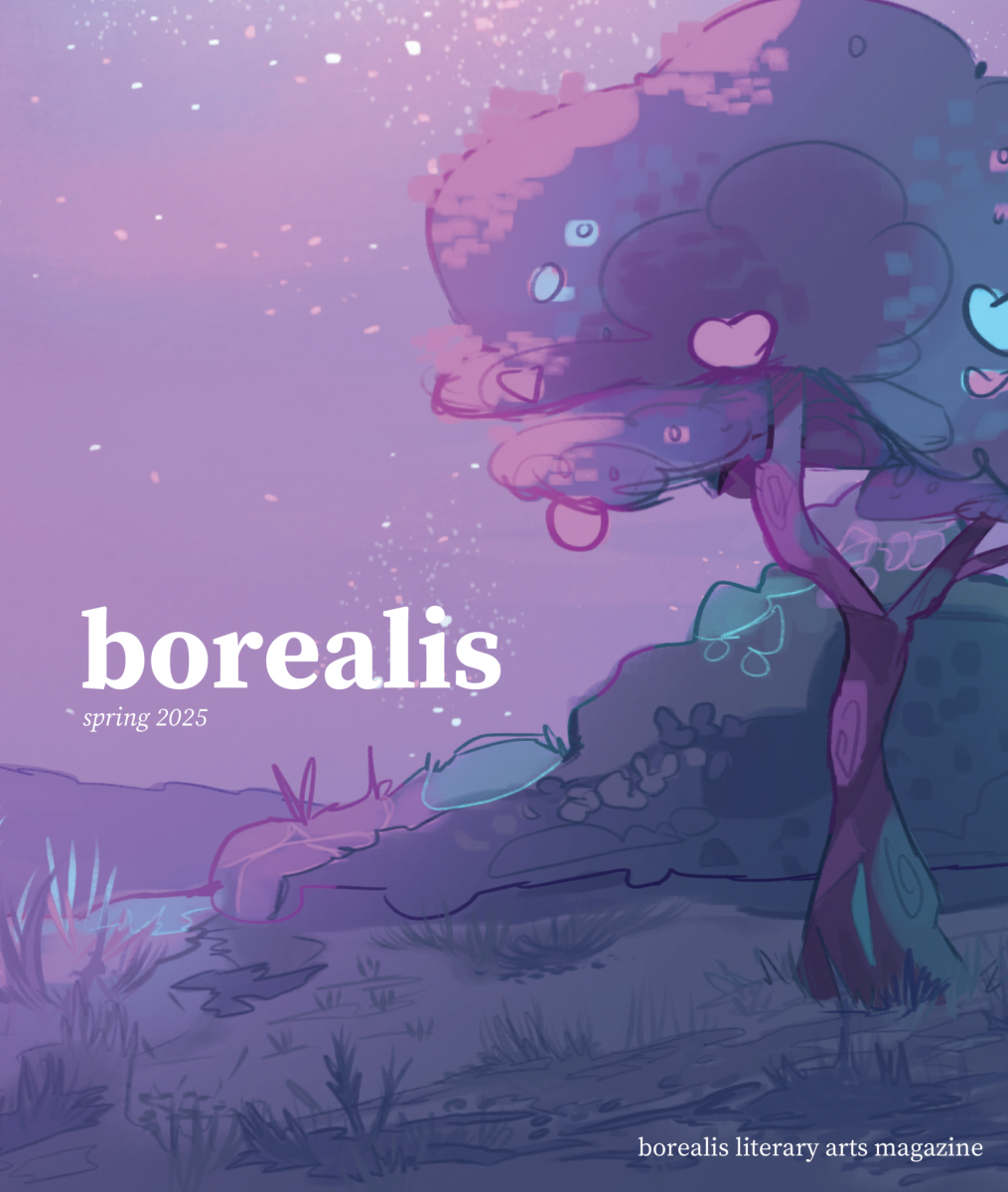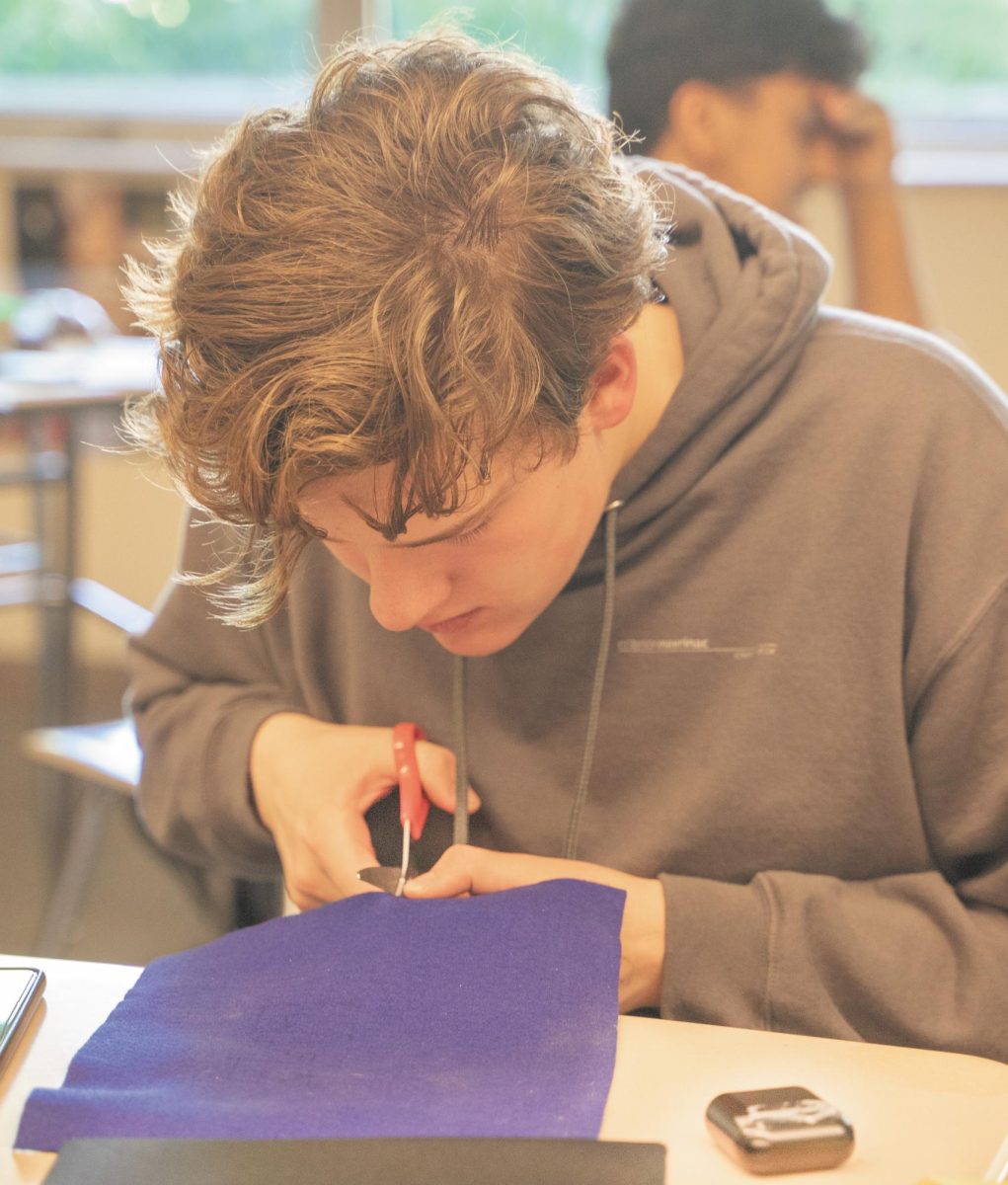“Chromakopia,” the latest studio album from artist Tyler, the Creator — consisting of fourteen songs — sounds like the lovechild of the jazzy, harmonic tones from his 2017 project “Flower Boy” and the abrasive, aggressive vocals straight out of early 2000s punk rock. With harsh rapping on numerous songs, Tyler invites darker, grittier themes to permeate throughout the project. It’s reminiscent of his earliest albums: “Bastard” from 2009 and “Goblin” from 2011. Contrasting the dark lyrics are the jazz drums and soft instrumentals, representative of Tyler’s musical growth throughout the years. Through this pairing, “Chromakopia” indicates Tyler’s reflection on his life, and unlike his 2019 project “Igor” — a story about the cycle of love, loss and heartbreak — this one has a happy ending.
The album begins with “St. Chroma,” featuring Daniel Caesar. It is characterized by Tyler’s boastful attitude, bragging about his success and popularity, culminating in the question: “Can you feel that fire?”
Setting the tone for the album, Tyler weaves his fiery attitude throughout the next songs, like his over-the-top aggression on “Rah Tah Tah,” and “Noid” which throws jabs at the media.
Fifth on the album is the song “Hey Jane.” Lyrically formatted as letters between Tyler and a woman, Jane, it tells the story of an unplanned pregnancy. The use of the name Jane — as in “Jane Doe” — shows how Tyler doesn’t even remember the name of the woman whose life he permanently changed. After four minutes of somber reflection, Tyler has shed his past of avoiding responsibility to instead work and overcome his vulnerabilities. This song represents growing up, changing for the better and holding yourself responsible.
Tyler delves deeper into his superficial happiness and deep-seated frustrations through later songs like “Like Him” and the album’s closing track “I Hope You Find Your Way Home.”
Navigating complex emotions like anger and sensitivity, “Chromakopia” starts unforgiving and finishes contemplative. It concludes the emotional cycle stemming from “Igor” as Tyler learns to accept himself for who he is, flaws included — all with jazz playing in the background.










